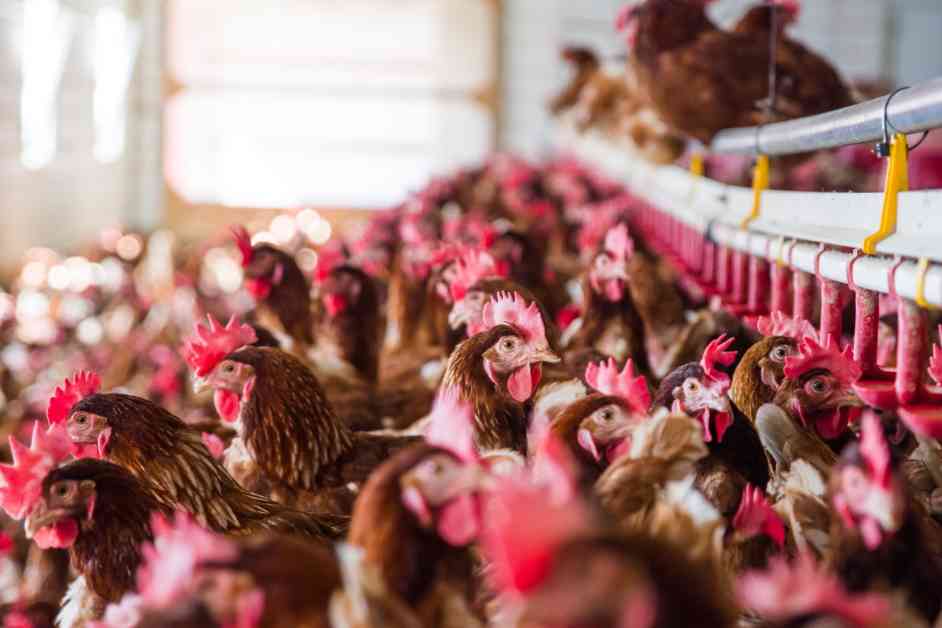Louisiana Reports First Severe Case of H5N1 Bird Flu in U.S.
Louisiana has recently reported the first severe case of H5N1 avian influenza in the United States, putting a spotlight on the ongoing bird flu outbreak in the country. The Centers for Disease Control and Prevention (CDC) confirmed this alarming development in a statement released on Wednesday.
The affected individual from Louisiana is currently hospitalized after having contact with sick backyard birds, indicating a direct link to the avian virus. This case marks a significant shift in the outbreak, as most previously reported instances of H5N1 infection in the U.S. have been mild and primarily seen in dairy or poultry farm workers.
Investigation and Genetic Sequencing
The Louisiana Department of Health initially reported this case, prompting an immediate investigation into the source of the infection. Preliminary genetic sequencing has identified the viral strain as related to the D1.1 strain found in wild birds and poultry across the U.S. and a human case in Canada. The infected person’s exposure to sick or dead birds from a backyard flock distinguishes this case from others reported this year.
Probable Case in Delaware
In addition to the Louisiana incident, Delaware has reported a probable case of H5N1 detected through routine state influenza surveillance. Despite no known contact with sick animals, the CDC has classified this as a probable case due to inconclusive test results. These cases highlight the potential for bird flu to affect individuals without direct exposure to infected animals.
Expert Insights and Response
Demetre Daskalakis, director of the CDC’s National Center for Immunization and Respiratory Diseases, emphasized that the overall risk assessment for the general population remains low. However, the widespread infection of animals with H5 bird flu raises concerns about potential human transmission and adaptation of the virus. The USDA’s recent federal order for bulk testing of raw milk from dairy cows aims to monitor and contain the spread of H5N1 in livestock.
As the situation unfolds, ongoing research into bovine H5N1 vaccines and the availability of human H5 bird flu testing indicate proactive measures to address the evolving threat of avian influenza. Stay informed and vigilant to protect yourself and your community from the risks associated with this infectious disease.
Remember, knowledge is power when it comes to safeguarding public health and well-being.




